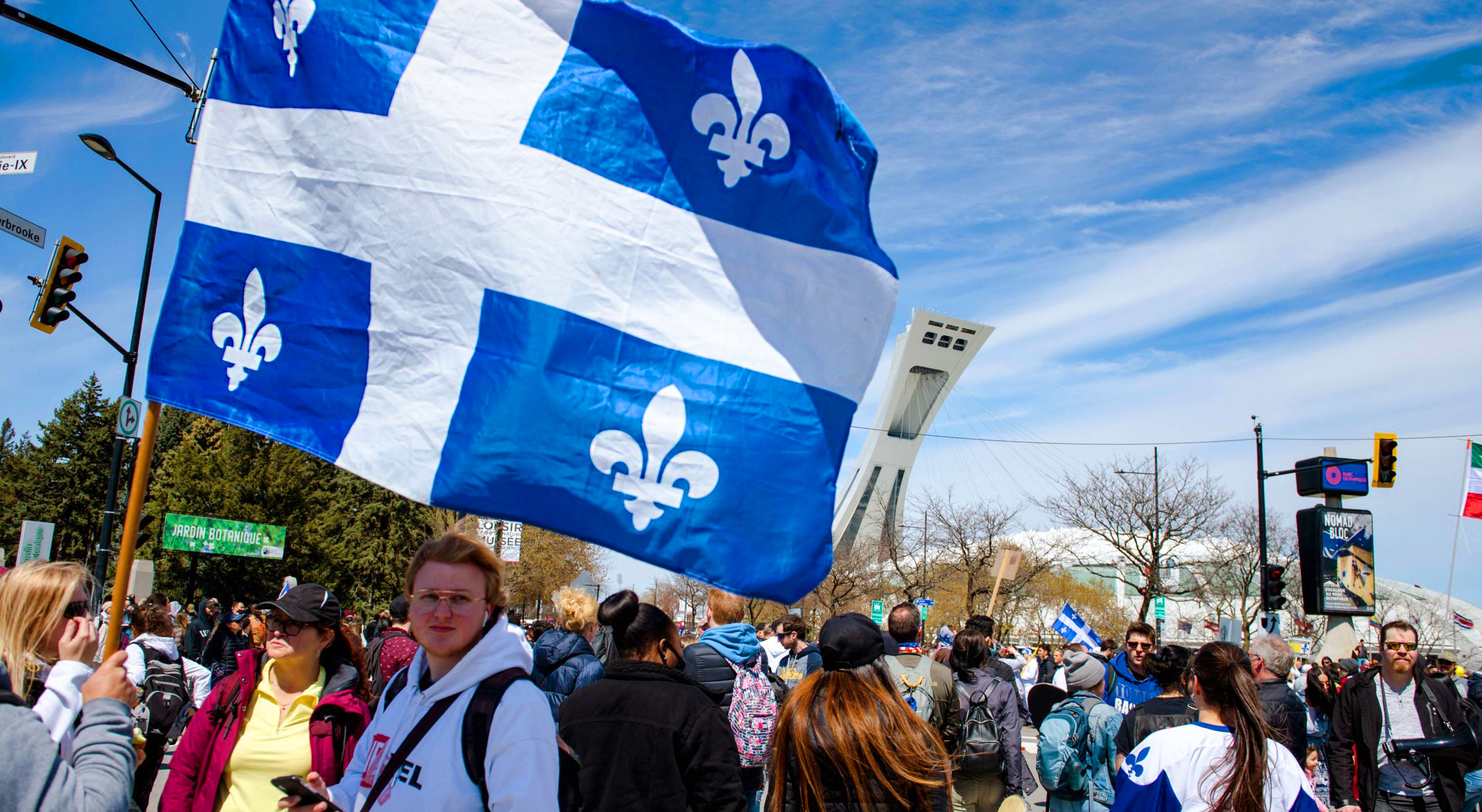Never fully in but never fully out, Quebec has always had an awkward status in Canada. Fiercely protective of its French identity, it has long flirted with separating from the anglophone motherland but, like Scotland, the support was never quite there. Also like Scotland, it has, throughout the pandemic, tried to flex its (limited) autonomy over health policy by consistently pushing for more restrictions than the national government.
The announcement of a ‘health tax’ in Quebec for the unvaccinated (at least C$100), followed by a decree that only vaccinated Quebecois could access the province’s liquor and cannabis stores, has drawn this point into sharper focus. These measures are just the latest examples of an increasingly authoritarian attitude towards Covid, but they are not the most severe; at the height of the pandemic in 2020, the Premier Francois Legault passed Bill 61, a highly controversial piece of legislation that sheltered the Government from oversight and limited parliamentary discussion on new projects to just one hour.
The illiberal strain in the Quebecer character is nothing new; in fact, Covid has merely brought it to the surface. During a period known as ‘The Great Darkness’ in the 1940s and 50s, the French-Canadian province was run by Maurice ‘The Chef’ DuPlessis, whose leadership was marked by repression, persecution and patronage. His name has since become a byword for authoritarianism, with one parliamentarian accusing Francois Legault last month of channelling his inner DuPlessis.
Where Justin Trudeau has gone to great lengths to frame Canada as a beacon of multiculturalism, Quebecers have been far more assertive over their local identity. In 1988, the Canadian Supreme Court ruled that Quebec’s original language law, which banned the use of English on commercial signs, violated charter rights to freedom of expression. More controversially, it copied France with a laicity law of its own, banning public workers in positions of “authority” from wearing religious symbols in 2019.
Covid has accelerated these tendencies, most of which are popular with the Quebecer public. On a recent talk show, for example, a giddy presenter asks a panel of children whether they support mandatory vaccinations (a strange thing to ask children in and of itself). In unison, they reply “oui” before being asked about what “should be done” about the unvaccinated (again, a rather peculiar way to talk about 15% of the province’s population). One boy says that “we should call the police”, while another offers a rather more detailed proposal: “We should cut everything from them little by little until they submit and get vaccinated”. Cue thunderous applause and a prediction from the presenter that there is a “future politician in the making”.
From Covid to anti-jaywalking billboards, the state has asserted itself in daily Quebecois life in a way that would have been unimaginable two years ago. And like so many other countries in the world, the majority of people don’t seem to mind.











Join the discussion
Join like minded readers that support our journalism by becoming a paid subscriber
To join the discussion in the comments, become a paid subscriber.
Join like minded readers that support our journalism, read unlimited articles and enjoy other subscriber-only benefits.
Subscribe